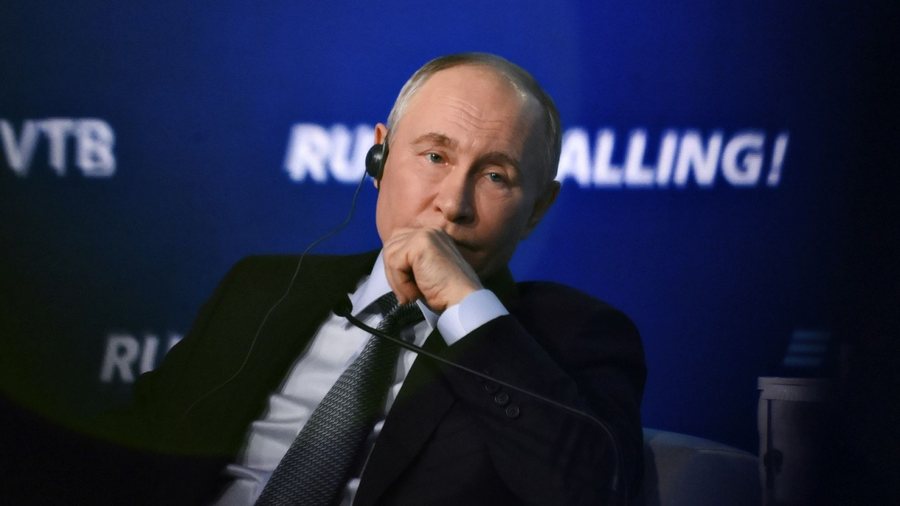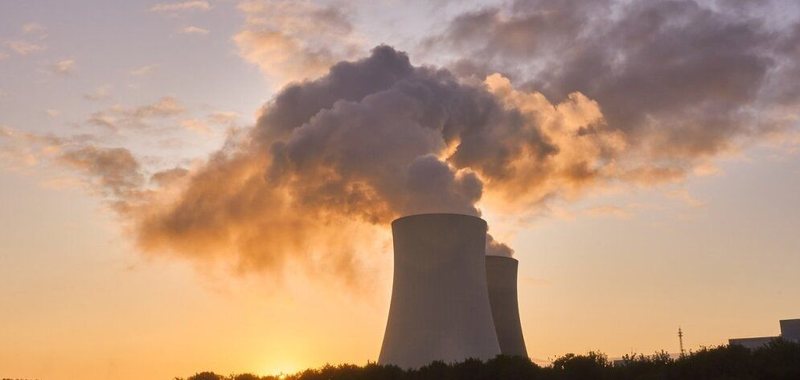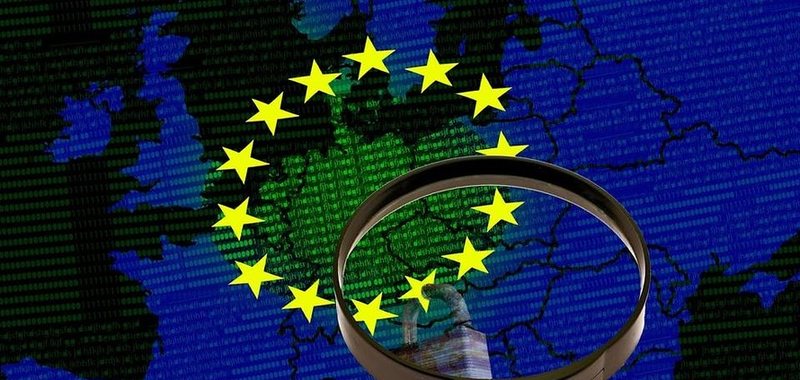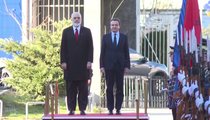The EU imposes new sanctions on Russia targeting the "shadow fleet" of oil tankers!

The European Union on Wednesday issued new sanctions against Russia, targeting the "shadow fleet" of tankers that Moscow has set up to circumvent Western restrictions on the oil trade and keep a source of revenue that is crucial to financing the war against Ukraine.
The fleet consists of old and uninsured vessels whose poor condition has raised fears of an imminent environmental disaster near or within European waters. A handful of Chinese companies suspected of enabling Russian drone production are also blacklisted as part of the deal.
The sanctions were sealed by ambassadors from the 27 member states during a meeting on Wednesday and represent the 15th package since the Russian invasion began in February 2022. "The EU and its G7 partners are committed to keeping pressure on the Kremlin," it said. Ursula von der Leyen, the president of the European Commission.
Specific details of the restrictions were not immediately available, but the package is believed to be modest compared to previous decisions. Discussions began last month and have continued with little controversy between the countries. Lithuania, which raised complaints about a waiver allowing European companies to exit the Russian market, was the latest hurdle, two diplomats said.
It marks the first sanctions agreed during Hungary's presidency of the EU Council, which many diplomats feared would slow action on the war front because of Budapest's insistence on maintaining close ties with Moscow.
The main focus of the 15th package is the so-called "shadow fleet" that Russia has used to circumvent the price cap that Western allies introduced at the end of 2022 to limit sales of Russian offshore oil around the world.
The cap was set at $60 a barrel for crude oil and bars Western companies from providing services to Russian tankers, such as insurance, financing and flagging, that sell crude above the agreed price.
As a way out, Moscow began using outdated, poorly maintained tankers, some of them more than 20 years old, that use obscure ownership and insurance structures that effectively escape the control of the G7 allies. These ships fly under "flags of convenience" from countries reluctant to follow Western sanctions, such as Panama, Liberia and the Marshall Islands.
The "Shadow Fleet" has been accused of fraudulent practices, including transmitting falsified data and turning off their carriers to become invisible to satellite systems and making multiple ship-to-ship transfers to hide the origin of the barrels. of oil.
The condition of these ships is so bad that Brussels worries they could spill oil and cause an environmental disaster near the bloc's territory. Lack of proper insurance can make damage control at sea more difficult.
Despite the obvious risks, Moscow continues to rely on these tankers to trade its crude oil, a crucial source of revenue to finance its large-scale occupation of Ukraine and support its high-intensity war economy.
Between February 2022 and June 2024, Russia earned €475 billion in oil export revenue, representing 68% of total fossil fuel export revenue, according to the Center for Clean Energy and Air Research (CREA).
China and India are currently the main buyers of Russian oil, which is often refined in these countries and sold on the EU market under a different label. The "shadow fleet" is estimated to have about 600 ships, although there is no official number due to the secrecy of the Kremlin's information.
The sanctions agreed by EU countries on Wednesday target around 50 ships belonging to the "shadow fleet", diplomats said. The previous package had blacklisted 27 ships, denying them access to EU ports and stopping them from providing EU services.

Foreign direct investments increase slightly - BSH: 20% of them in the real estate sector
The value of foreign direct investments reached 412 million euros at the end of the third quarter, almost at the same level as the July-September period of......

"Villages, growing with agrotourism as an alternative" - Sokol Duma: To increase investments in the Alps without affecting the protected areas
The package of mountains is generating interest, especially among individuals who see this initiative as a new opportunity for development. This interest......

In 10 months, less energy was produced - Rain does not favor local generation. Less network loss
Energy production fell during the 10th month of this year, compared to the same period last year. According to data from the Energy Regulatory Agency, in......

The 2024 budget will be reviewed within the month - Malay: The fund for the spring bonus for retirees is determined
In April 2025, pensioners will receive another bonus from the government. In a press conference, the Minister of Finance, Petrit Malaj, emphasized that this......

Global airlines record growth in 2025 - Industry expected to top $1 trillion in revenue despite challenges
Global airlines raised their profit forecasts for 2025 compared to last year, forecasting revenue to exceed a trillion dollars for the first time and a......

Nuclear power 'key' to 2050 targets - Report lists essential technologies to reduce emissions
Nuclear power is essential to meeting emissions targets set for 2050, according to a new report. GlobalData's Climate Tech analysis outlines five......

New record of remittances from immigrants - During nine months, about 772 million euros came to the country
Immigrant remittances have set a new absolute record during the nine months of this year, of almost 772 million euros, according to the latest figures from......

Agenda of the next EU Presidency - Energy, defense and economic security, in focus of the Polish leadership
Energy, defense and economic security will be the priorities of the European Union during the next six-month presidency of the Council, starting in January......


















